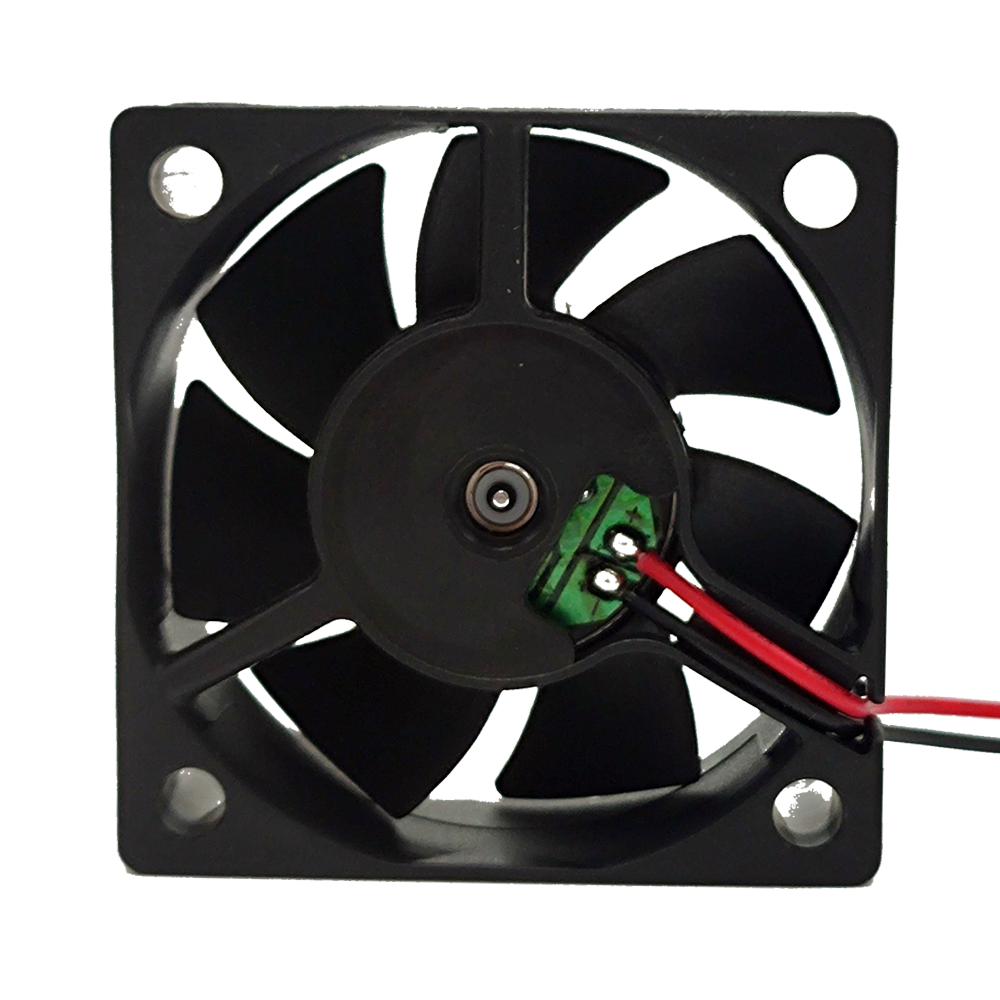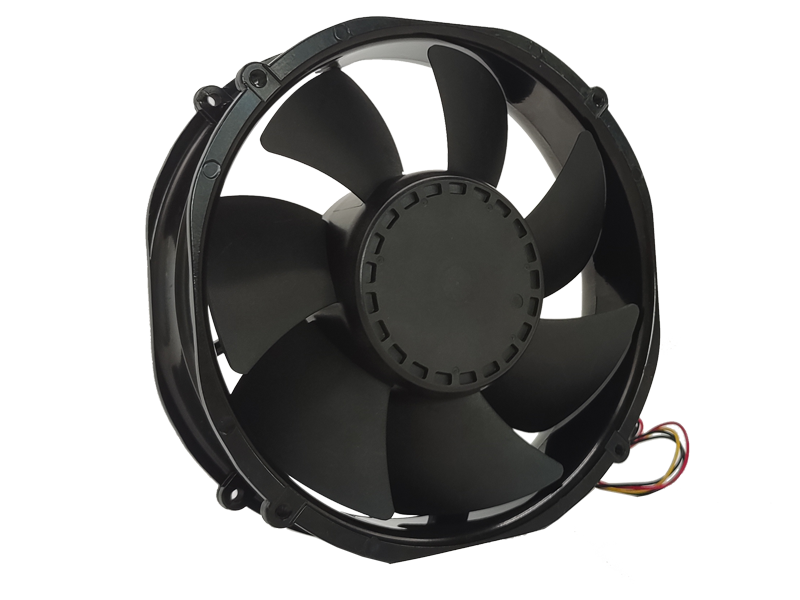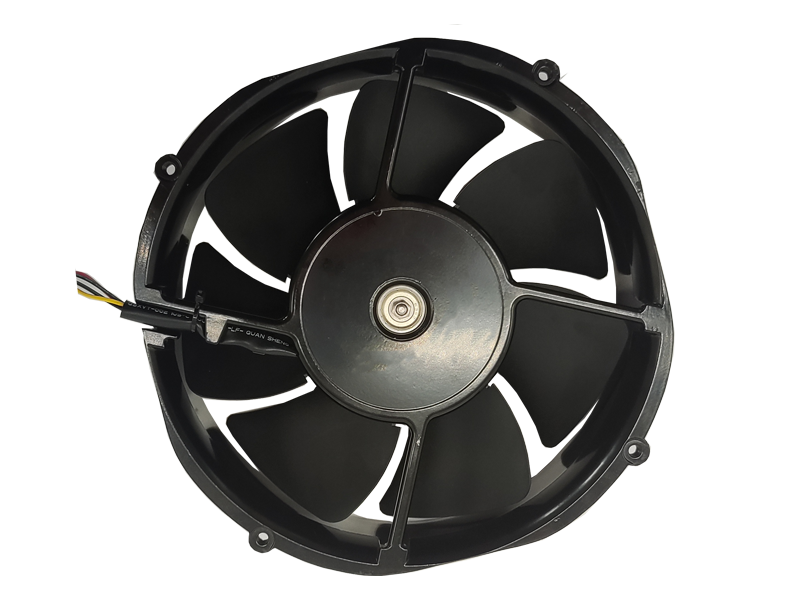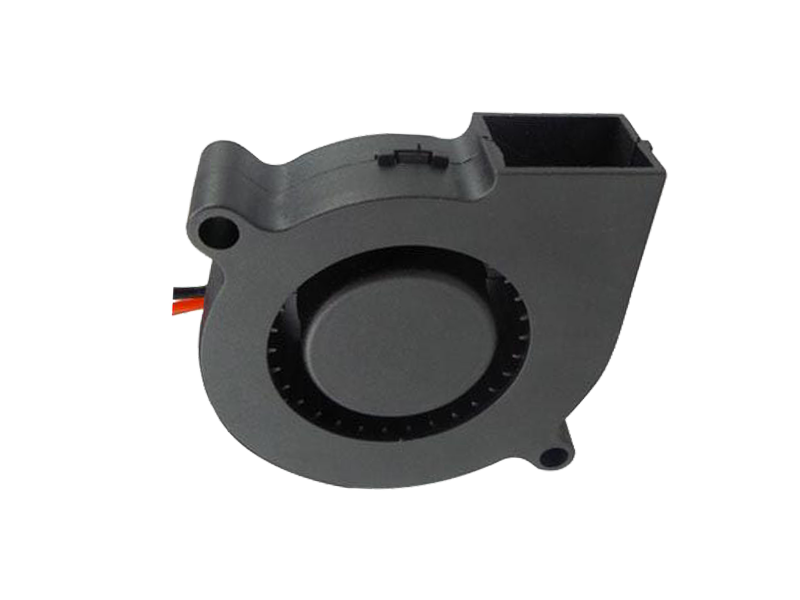In the landscape of modern manufacturing, the advent of smart factories has reshaped industrial production, ushering in an era of unprecedented connectivity, automation, and efficiency. At the heart of this transformation lies the pivotal role of industrial cooling fans, which have emerged as trailblazers, guiding the paradigm shift towards intelligent and interconnected manufacturing environments. This article explores the transformative influence of industrial cooling fans in leading the charge towards smart factories, illuminating their instrumental role in shaping the future of industrial production.
Driving Connectivity and Integration
1. Integration of IoT-enabled Cooling Systems:
Industrial cooling fans are at the forefront of driving connectivity and integration within smart factories. Through the integration of Internet of Things (IoT) technology, these fans are equipped with sensors and connectivity features that enable real-time monitoring and control. By seamlessly integrating with factory automation systems, industrial cooling fans contribute to the creation of interconnected environments, where data-driven insights and predictive maintenance optimize cooling operations and enhance overall manufacturing efficiency.

2. Collaborative Ecosystems and Interoperability:
The rise of industrial cooling fans as key components in smart factories fosters collaborative ecosystems and interoperability among diverse manufacturing systems. These fans serve as interconnected nodes within the factory environment, exchanging data and insights with other equipment and systems. By promoting seamless interoperability, industrial cooling fans facilitate a cohesive and agile manufacturing ecosystem, where operational processes are harmonized, and production flows are optimized, driving efficiency and adaptability within smart factory environments.
Enabling Precision Control and Automation
1. Adaptive Cooling Strategies:
Industrial cooling fans play a pivotal role in enabling precision control and automation through adaptive cooling strategies. Leveraging advanced control algorithms and predictive analytics, these fans autonomously adjust cooling intensity based on real-time thermal demands, ensuring precise temperature regulation within manufacturing facilities. By enabling automated, adaptive cooling strategies, industrial cooling fans contribute to the optimization of energy usage and the preservation of equipment integrity, laying the foundation for efficient and responsive manufacturing processes.
2. Seamless Integration with Automated Production Lines:
The integration of industrial cooling fans within smart factories aligns with the seamless integration of automated production lines and robotic systems. These fans complement the automation landscape by providing targeted cooling to critical equipment and production areas, ensuring optimal operating conditions for advanced manufacturing technologies. By seamlessly integrating with automated production lines, industrial cooling fans contribute to the realization of efficient, lights-out manufacturing processes, where temperature-sensitive operations are supported by precisely controlled cooling systems.
Facilitating Data-Driven Decision-Making
1. Real-Time Performance Monitoring:
Industrial cooling fans serve as catalysts for data-driven decision-making by enabling real-time performance monitoring and diagnostics. Equipped with advanced monitoring capabilities, these fans generate actionable insights regarding temperature trends, airflow patterns, and energy consumption. By providing real-time performance data, industrial cooling fans empower factory operators to make informed decisions, proactively address cooling-related issues, and optimize operational efficiency within smart manufacturing environments.
2. Predictive Maintenance and Lifecycle Management:
The incorporation of industrial cooling fans into smart factories facilitates predictive maintenance and lifecycle management practices. Through continuous monitoring and analysis, these fans contribute to the early detection of potential issues, enabling proactive maintenance interventions to prevent equipment downtime. Furthermore, by leveraging predictive analytics, industrial cooling fans support optimized lifecycle management, extending the longevity of cooling systems and ensuring sustained operational reliability within smart factory settings.
Conclusion
Industrial cooling fans have emerged as vanguards, leading the charge towards the era of smart factories by driving connectivity, precision control, and data-driven decision-making. As manufacturing landscapes evolve to embrace interconnected, intelligent production environments, the pivotal role of industrial cooling fans becomes increasingly evident. Their contribution to seamless integration, automation, and data-driven insights positions industrial cooling fans as indispensable components in the journey towards smart manufacturing, shaping the future of industrial production and paving the way for enhanced efficiency, agility, and innovation within smart factory ecosystems.
Recommended Products

The main purpose:Car charging station

The main purpose:Car charging station

The main purpose:Electronic refrigerators, water dispensers, direct drinking machines, inverter power supplies
Address:No. 4137, Longgang Avenue (Henggang Section), Henggang Community, Henggang Street, Longgang District, Shenzhen
hotline:13530005572(Chen)15112579390(Li)


Welcome all friends to come for consultation and negotiation.
Copyright 2024 @ Shenzhen Youneng Xinyuan Electronics Co., Ltd.,(industrial fans,industrial blowers,axial fans,cooling fans manufacturer,centrifugal fans,ac cooling fans,dc cooling fans)